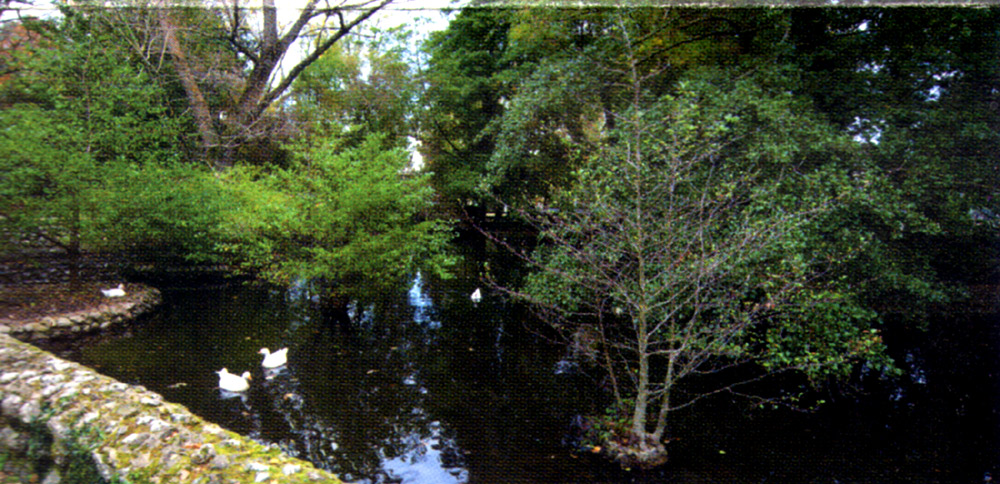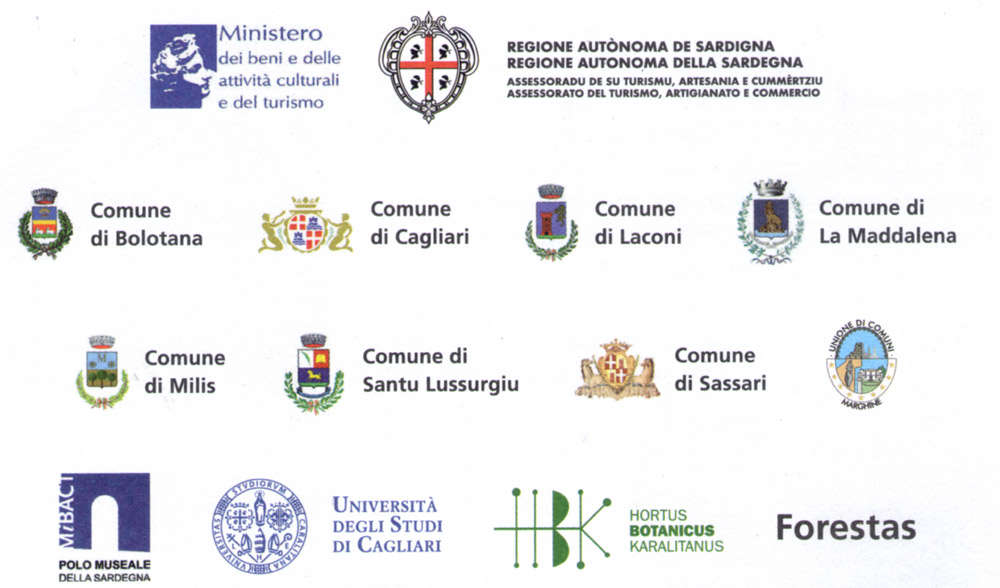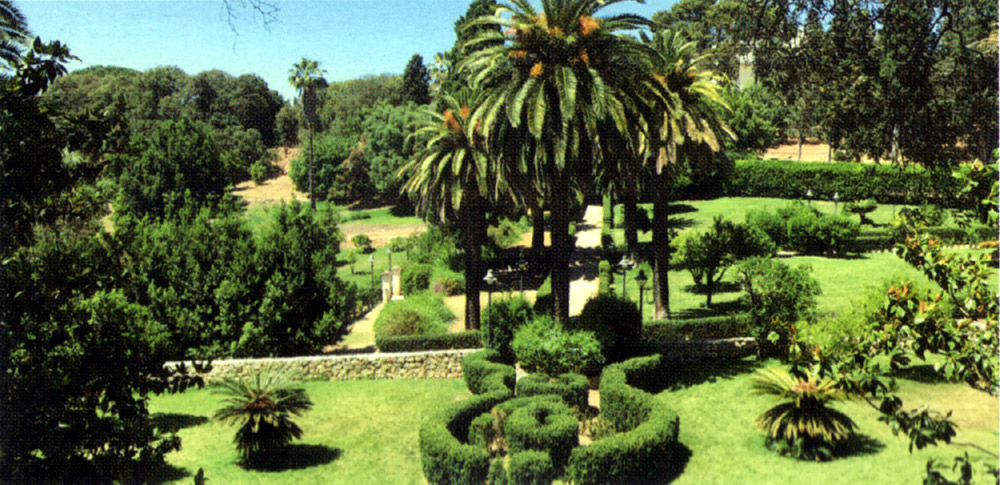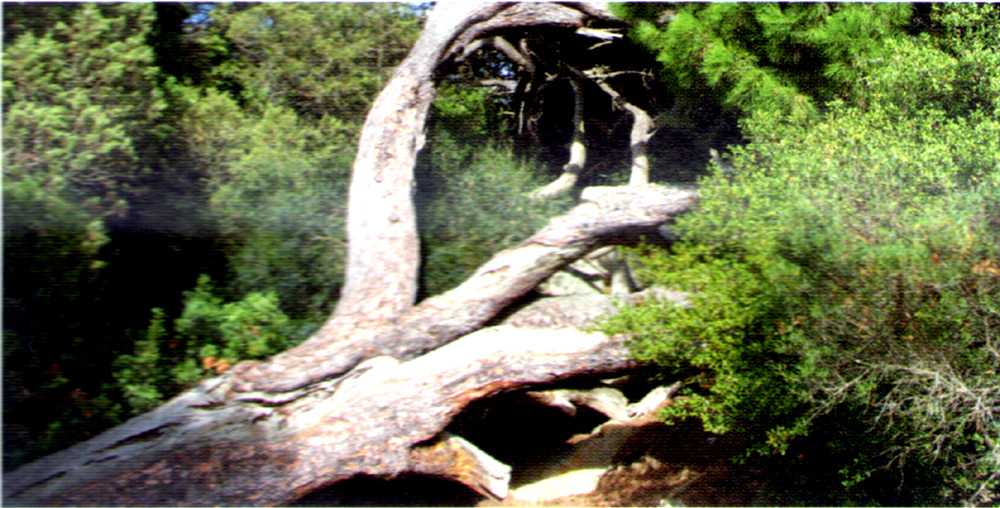- Categoria principale: AMBIENTE
- Categoria: GIARDINI STORICI
- Scritto da Redazione
- Visite: 3998
 PARCO SAN LEONARDO DI SIETE FUENTES A SANTU LUSSURGIU
PARCO SAN LEONARDO DI SIETE FUENTES A SANTU LUSSURGIU
San Leonardo de Siete Fuentes è una borgata immersa in un parco di origini antiche. All'interno del parco, di circa cinque ettari, sono ancora fruibili gli antichi elementi essènziali: l'abbondanza di acque sorgive, la salubrità del luogo, la chiesa medievale e l'atmosfera conviviale di novenanti e visitatori. Il parco è attraversato da una breve strada centrale che porta alle sette fontane sulla sinistra, mentre sulla destra si trova la chiesa del priorato di San Leonardo, del XII sec., con annessi muristenes, divenuta poi per molto tempo chiesa dell'Ordine di Malta. Nel Rinascimento fu edificato un ospedale (oggi completamente distrutto), testimoniato anche dalla presenza di alcuni cedri centenari ai quali in passato venivano attribuite proprietà terapeutiche ed effetti positivi sulla qualità dell'aria. L'acqua delle fontane sgorga dal fronte di un muro con pietre incise lungo un percorso all'ombra di lecci e alimenta una rete di ruscelletti scroscianti del parco sottostante fino ad un laghetto perimetrato in prossimità di uno degli ingressi. La denominazione delle vie del borgo è in buona parte ispirata agli alberi che originariamente caratterizzavano quest'area di boschi di leccio misti a roverella e castagni con agrifogli e tassi ai quali sono stati aggiunti abeti, cedri, ippocastani, olmi e aceri. Le lussureggianti piante sono distribuite nel parco in maniera armoniosa trasmettendo ai più un senso di relax e di forte contatto con la natura del luogo.
![]()
Park of San Leonardo de Siete Fuentes in Santu Lussurgiu
San Leonardo de Siete Fuentes is a village set in a park of ancient origins. The park covers about five hectares and its ancient essential features can stili be enjoyed today: an abundance of spring water, thè healthiness of the site, the medieval church and ther convivial atmosphere of novena participants and visitors. Crossing the park is a short central road which leads to the seven fountains on the left, while on the right is the priory church of San Leonardo, dating back to thè 12th century, with attached "muristenes", and which was for a long time a church of the Order of Malta. In the Renaissance period, a hospital was built (to-day completely destroyed). Clues to its presence are a number of centuries-old cedar trees, thought in thed past to have healing properties and positive effects on the quality of the air. The water of the fountains springs from the front of a wall with engraved stones along a path shaded by holm oaks and feeds a network of rushing streams in the park below, which flow into a small lake located dose to one of the entrances. The names of the village streets are to a large extent inspired by the trees which originally distinguished this woodland area - holm oaks mixed with "roveralla" oak and chestnuts with holly and yew to which have been added firs, cedars, horse- chestnuts, elms and maples. The luxuriant plants are distributed throughout the park in a harmonious way and convey a sense of relaxation and strong contact with the nature of the place.
Bibliografia tematica di San Leonardo di Sette Fontane >>


 ISOLA GIARDINO DI GIUSEPPE GARIBALDI A CAPRERA (LA MADDALENA)
ISOLA GIARDINO DI GIUSEPPE GARIBALDI A CAPRERA (LA MADDALENA)